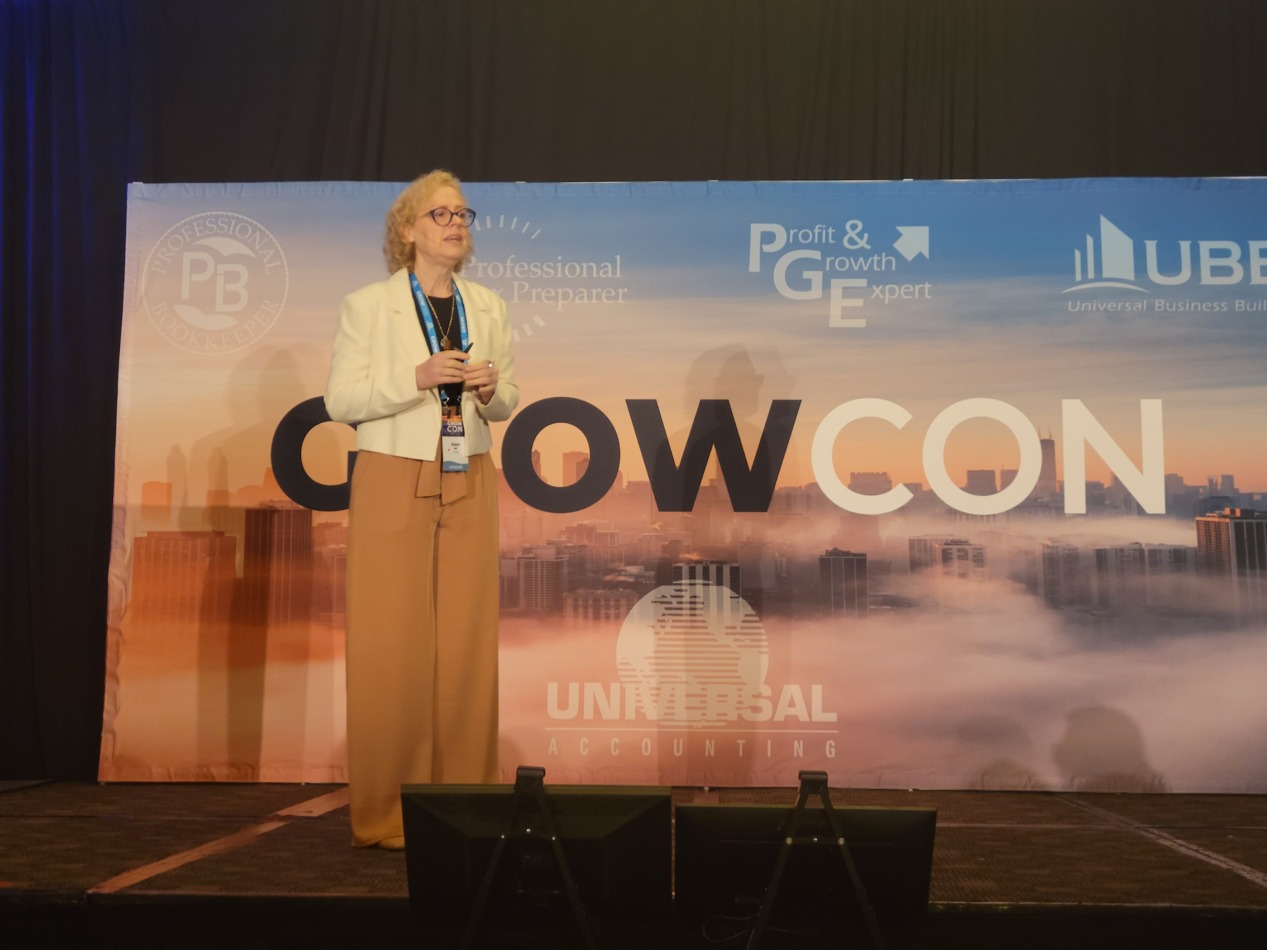This article looks at ways to increase the income your accounting and bookkeeping service earns by diversifying and selling additional products and services.
Everyone’s doing it! Mergers, product development, and additional services are the “name of the game” in virtually every industry. Why? Because that’s where we find the greater profits. Services like the following are excellent companions to a traditional bookkeeping service and can be terrific money makers.
- Loan Application Preparation
- Income Tax Preparation
- Payroll Preparation
- Word Processing
- Incorporations
- Notary Public
There are two reasons why you should offer more than the traditional bookkeeping service:
- More services mean more revenues. Any fees you earn on additional services to existing customers/clients comes to you virtually free. You’ve already earned the money that you have spent finding the client. Any additional services are gravy.
- The ‘one-stop-shop’ concept applies here. Why do people hire a general contractor to build a home, rather than deal with the subcontractors themselves? First, they don’t know how, and secondly, it’s a hassle. The same principle exists with their financial concerns. They don’t know what needs to be done, plus they appreciate it when someone who does can remove the bother.
Traditional bookkeeping is the core to financial services. Certainly, you will offer to provide those services yourself. However, you can provide these other services, or you can sub-contract them out to others. In other words, you do not have to be an expert in everything. And, even though you contract these out does not mean they’re not profitable to you since MOST PROFESSIONALS WILL PAY YOU A ‘FINDER’S FEE’ OR COMMISSION on the service.
For instance, say that a business owner approaches you and asks for your accounting help for his business. Then he asks, “Do you do taxes?” If you haven’t prepared taxes in the past, you may be inclined to say, “No, I don’t.” Wrong! Instead, simply say, “I have an associate that is an expert at tax preparation. I’ll take care of it. No problem.”
I’m sure you would admit that the latter response sounds much better, and will provide better results than your first thought. Then, all you need to do is contact your associate.
Consider the services above, then determine which ones you can and want to do. Find associates that are interested in doing the others.
Most of these services can be performed by people you already know. For instance, you probably know a tax preparer, a payroll accountant, a notary public, and a typist. I’m sure they would love additional business. By the way, if you don’t know somebody in these areas, you can find them listed in the yellow pages.
They will gladly share their fees with you.
When you contact them, explain your purpose in calling, and ask them if they are looking for more business. If so, do they offer a discount, or “finder’s fee”, for referrals. If their answer is “no”, you probably want to look elsewhere. Not because of greed, but it is usually an indication that they are not experienced, sophisticated or networked enough to be an asset to you.
For the more pricey services like income tax preparation, or loan applications you should expect between 15% to 30% of their anticipated revenue to come back to you. For less expensive services, such as notary public, getting a finder’s fee is unusual and not enough to worry about anyway.





